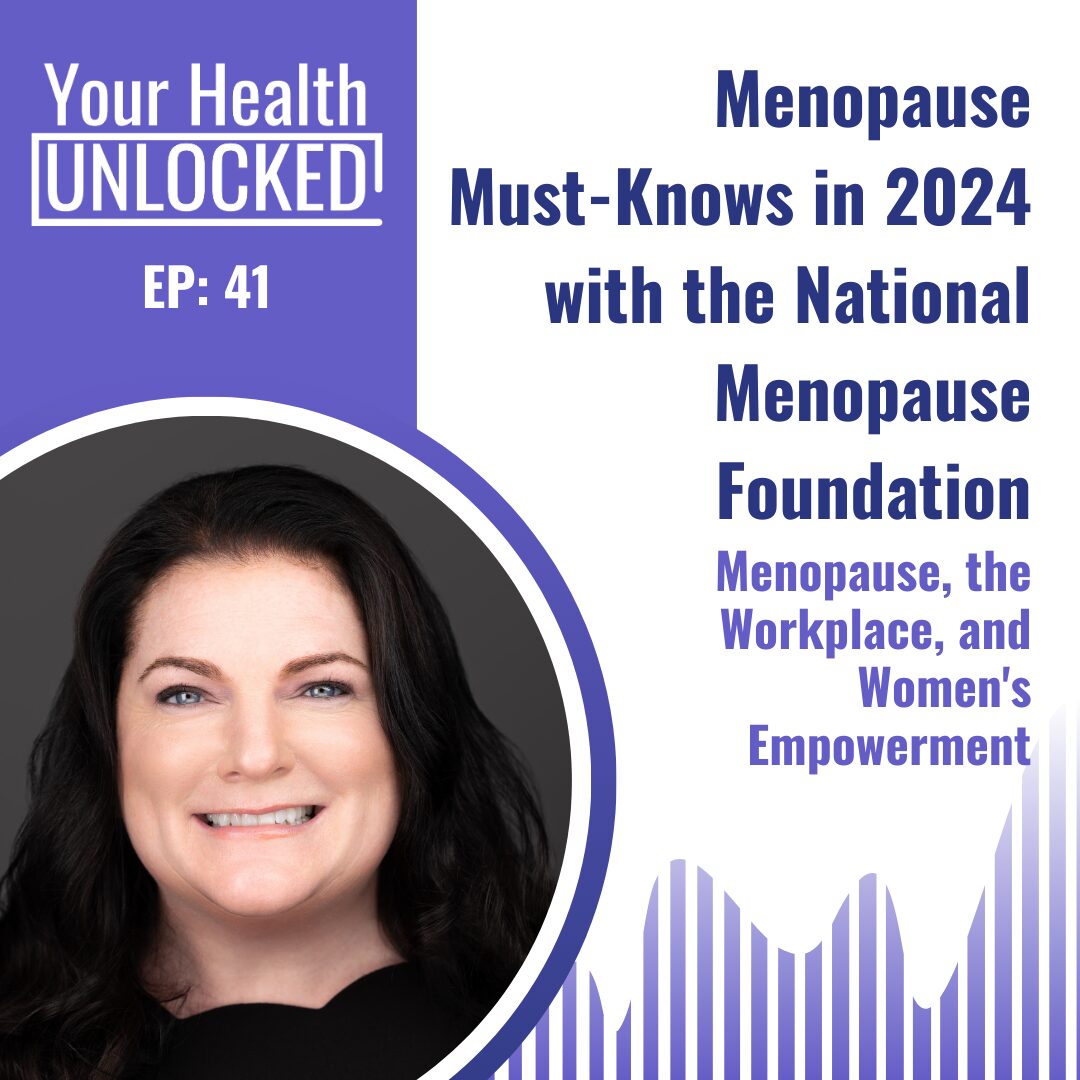
Your Health Unlocked Episodes
041: Menopause Must-Knows in 2024 with the National Menopause Foundation
March 21, 2024
---

Women’s Health FAQs
Publication Date: January 11, 2021
By: NWHN Staff

At the NWHN, one of our primary goals is to ensure all women can receive the health care that is best for them. We believe that women are the experts of their bodies. However, it is easy to feel intimidated at the doctor’s office, especially when jargon you don’t understand is being used, when things feel like they are moving too fast, or when you don’t feel respected by your provider. Through decades of experience working on patient advocacy, we have gained insight into how to be your best advocate in health care facilities.
Research the health-focused community assets in your area. Where are the nearest hospitals and health centers in your area? What do they specialize in? How are their health outcomes? Having this information on hand before an emergency can help you make better decisions if you need to make decisions quickly.
Keep a health notebook with an up-to-date list of your diagnoses, medications, and doctors (often called providers). Have this information easily on hand to give your new provider.
Take time to generate a list of questions you would like to ask your health care providers before you arrive at your appointment, and be sure to write them down. By writing your questions down, you can refer to this list during the appointment and make the most of the time with your provider. It can be easy to forget questions you meant to ask, especially if an appointment is stressful or non-routine.
We also recommend learning what avenues your provider makes available for providing feedback. Some providers have text services, an app, or a survey where you can express yourself. If the way to provide feedback is unclear, ask what avenues there are. Feedback is vital and helps providers continue to do what is working and stop doing what’s not for patient interaction.
Take notes, have a friend take notes, or ask if you can record the conversation on your smartphone. This is especially important if you suspect you will get some bad news. Studies have shown time and time again that when health care providers use powerful “trigger words” such as cancer, patients have trouble retaining anything after that.
If the provider is new, ask if they’ve had a chance to read up on your history. If they haven’t, request a few minutes of the appointment be dedicated to this or to asking you questions about it. It is extremely important that your provider has a sound understanding of your medical history, and you can hold them accountable to ensure this is a reality.
If your appointment is non-routine, your health care provider may propose treatments. If possible, get these treatments in writing.
It is okay to be apprehensive when it comes to your health. If you are not ready to decide on a certain course of treatment, you can firmly tell your providers, “I am not ready to decide at this time,” and/or “I will follow up with you when I have had more time to process our conversations. “
If feasible, seek a second opinion from another provider following your initial appointment. Every patient should do this for a non-routine diagnosis or proposed treatment.
It is also important to seek this opinion from someone who is part of a different practice than your provider. Choosing a provider from an outside practice will give you access to other treatment options and research.
You deserve to have each piece of your identity affirmed by your health care providers, and you deserve providers that listen to you attentively and are not dismissive of your concerns. If your health care providers made you uncomfortable, it is always acceptable (indeed, it is encouraged) to change your provider.
If a patient-provider relationship becomes adversarial, patients should move on, move out, and find someone better attuned to their needs. This can be tough if your insurer or clinic limits patients’ choice of providers, but it’s worth fighting for. It can also be useful to ask your trusted friends and family members for provider recommendations. This can be especially important if you are seeking a provider that is explicitly LGBTQ+ affirming or one that has experience working with people of your demographic.
*These tips were developed through interviews with Charlea Massion, M.D., and Dr. Ngina Ruth Lythcott, experienced health care professionals.
***
The information on this site is not intended or implied to be a substitute for professional medical advice, diagnosis, or treatment. All content, including text, graphics, images, and information contained on or available through this website, is for general information purposes only.
